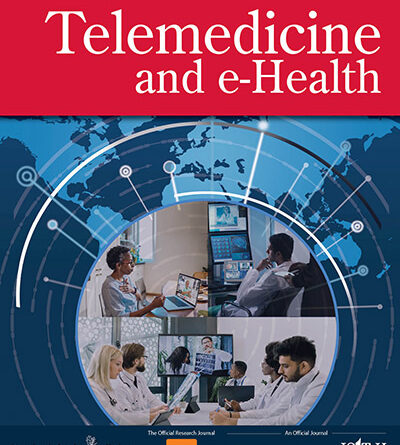Telehealth Actions to Address COVID-19 in Latin American Countries
Introduction:This study set out to examine the use of telehealth resources to tackle the coronavirus disease 2019 (COVID-19) pandemic in Latin America within the scope of national telehealth projects (NTPs).
Methods:A qualitative study developed using ethnomethodology for appropriate understanding of how telehealth actions were carried out in practice during the COVID-19 pandemic within the scope of NTPs, in the following countries: Argentina, Colombia, Costa Rica, Ecuador, El Salvador, Guatemala, Honduras, Mexico, Peru, and Uruguay. The study was carried out from October to 2020 to March 2021. The number of participations in the discussion groups, formed by coordinating teams of NTPs, totaled 90. Results were described in the worksheet completed according to the script. Each country reviewed its respective data, three times on average, in an effort to clarify actions developed.
Results: Three groups of countries were identified: (1) Countries with a telehealth background that used these resources to tackle COVID-19 and thereby refined telehealth activities. Countries with greater experience in NTP design, such as Mexico, Colombia, Peru, and Argentina, were able to use a wide range of telehealth activities to tackle the pandemic, with offers of teleconsultation, teleguidance, telemonitoring to patients, and training of health professionals; (2) Countries with some telehealth activities to address COVID-19. Uruguay, Ecuador, El Salvador, and Costa Rica; and (3) Countries with no evidence of telehealth resource use during the pandemic. Honduras and Guatemala.
Discussion:Most NTPs in Latin America have improved their telehealth activities, contributing to address the COVID-19 pandemic in Latin America.


